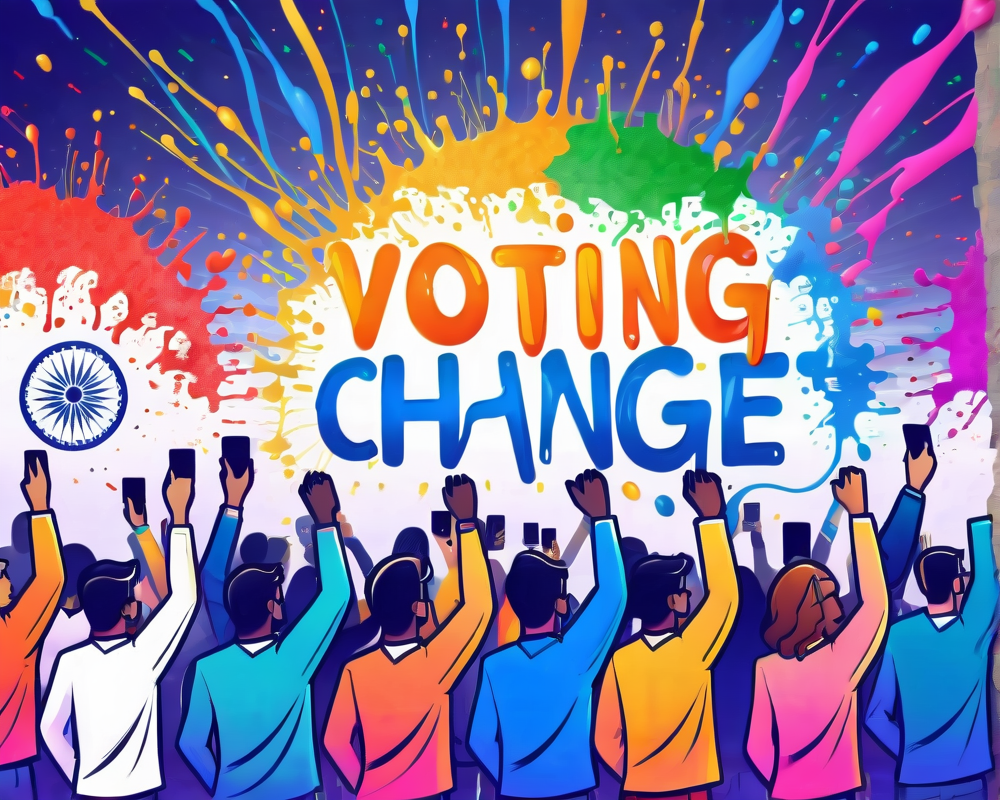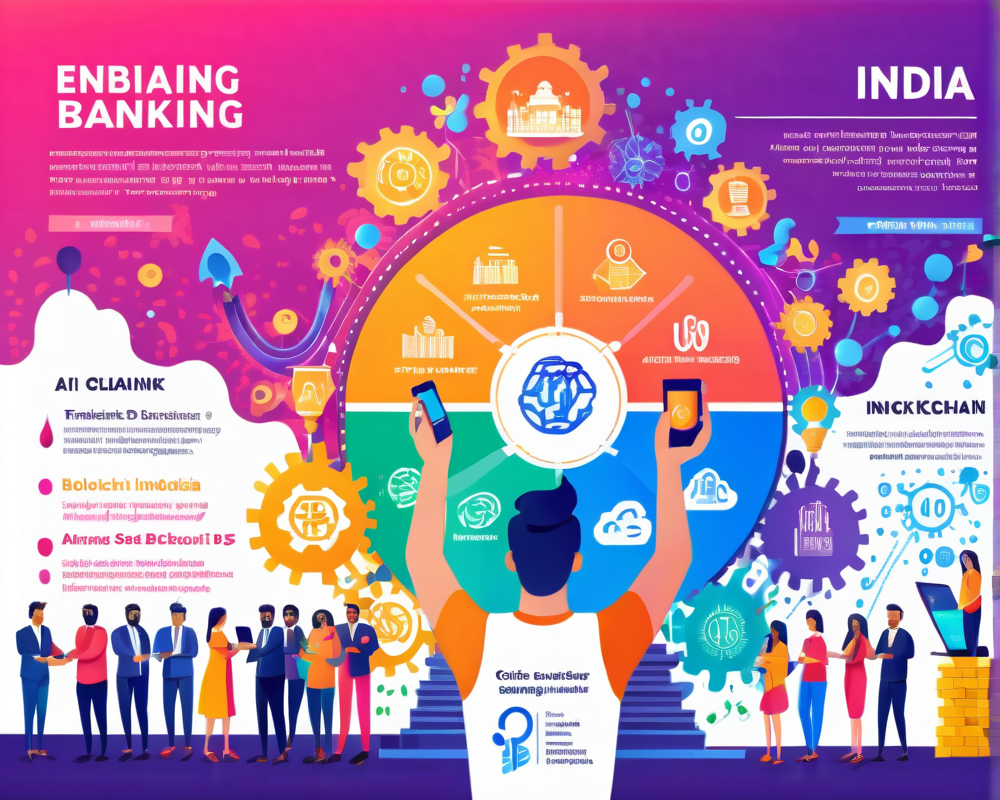Voting Made Easy: Blockchain to the Rescue
Gone are the days when you had to trek back to your original voting district just to cast your ballot. Thanks to a pioneering initiative in India, citizens will soon be able to vote from anywhere, making participation in elections easier than ever. That’s right, folks—your vote can now travel farther than your last vacation. This revolutionary system is based on blockchain technology, and it’s catching the attention of many.
Why Blockchain? The Need for Change
Buckle up for some numbers: during the 2019 elections, over 300 million eligible voters stayed at home instead of visiting their polling stations. That’s roughly the population of the United States! Many of these individuals were not only disinterested but also miles away from their registered voting districts due to work or other commitments, like finally conquering that bucket-list travel destination.
Understanding the Migrant Dilemma
India has around 450 million migrants—yes, you read that right. This includes students, workers, and wanderers who are on the move not just for fun, but with serious intentions. But guess what? Most of them don’t bother re-registering in new districts, often missing out on crucial elections. The solution? A system where they can vote from wherever they are; it’s like ordering pizza online, but for democracy.
Blockchain: The Security Blanket for Voting
So, how does blockchain ensure that votes are counted accurately and securely? Arora and a fantastic crew from the Indian Institute of Technology aim to create a system that not only allows for remote voting but also prevents voter fraud—like trying to cast your vote from beyond the grave! With blockchain, each vote gets a unique identity that makes duplication impossible. Goodbye, sneaky double voters!
We’ve Got Concerns: Cybersecurity in the Digital Age
But wait, the excitement is not without its critics. While blockchain has its perks, the fear of cyber hacks looms larger than a midnight snack. Back in 2019, researchers unleashed a report analyzing a voting app, Voatz, which found vulnerabilities that could allow bad actors to manipulate or expose votes. Yikes! It’s like giving your cat the keys to your house: tempting and dangerous.
Can We Trust It?
Many industry experts argue blockchain is the knight in shining armor that election systems need. Former presidential hopeful Andrew Yang even wagered his campaign on introducing mobile voting through blockchain. But with great power comes great responsibility—and some fear that responsibility might slip away in the digital wilderness.
Conclusion: A Future of Voting with Flexibility
As discussions surrounding this innovative voting method continue, only time will tell if India will take the plunge into this brave new voting world. If successful, who knows? Other nations might just follow suit. Until then, let’s keep our ballots safe, our voices heard, and our fingers crossed for a more accessible election experience!




